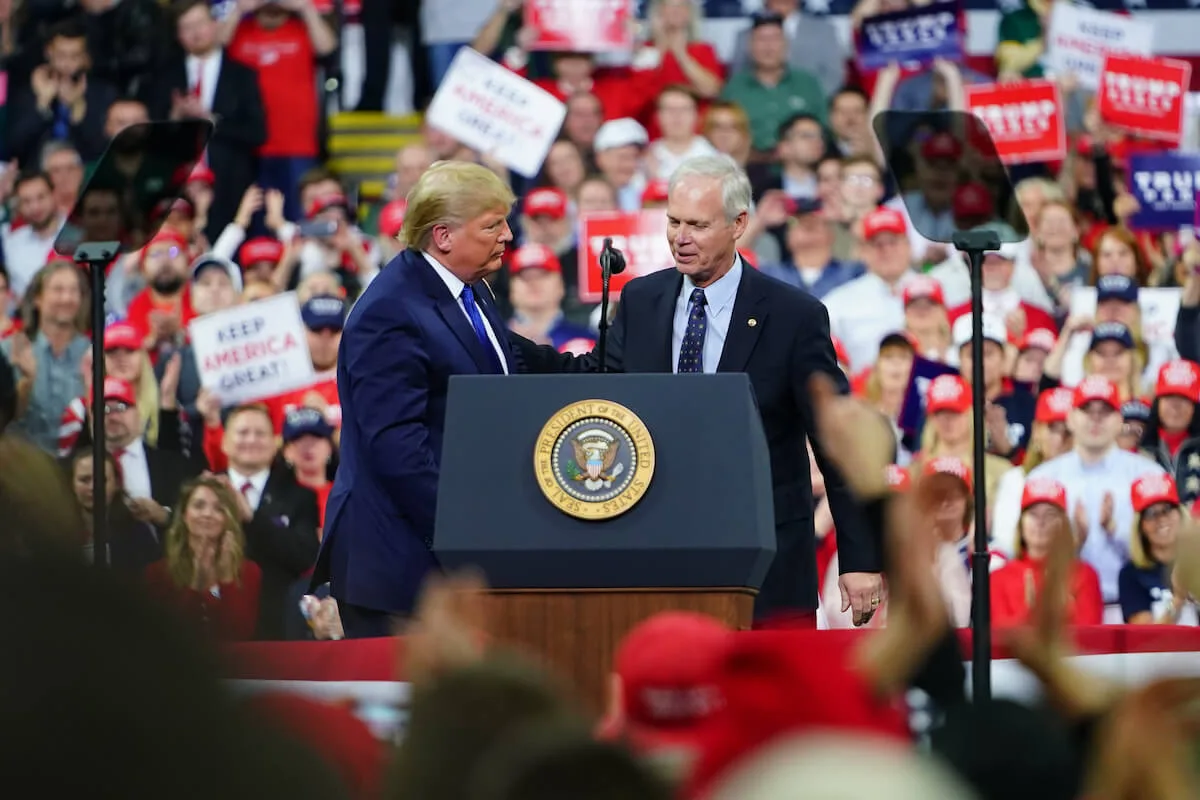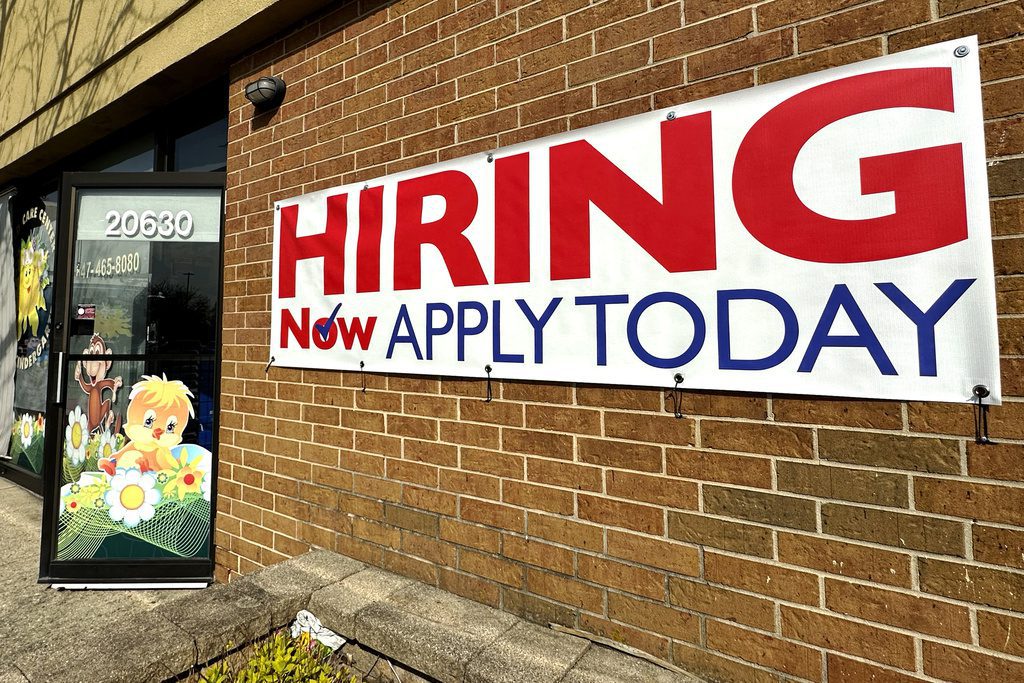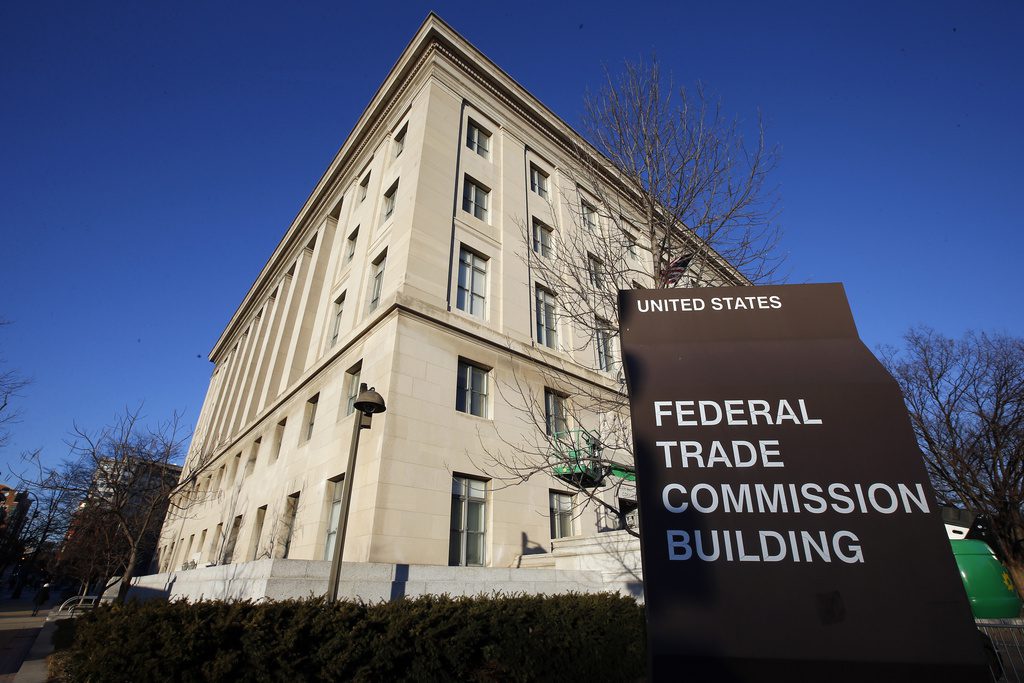
#image_title
#image_title
Senator also again claimed the tax break for pass-through companies is about helping small businesses even though the wealthiest Americans get a huge chunk of the benefits.
Answering a constituent question last Friday in Medford, Wisconsin Sen. Ron Johnson acknowledged the truthfulness of political ads that reported he has doubled his wealth while in office and that he personally benefited from a significant tax break he demanded be part of a 2017 tax bill. But he also said the criticism is distorted.
The story was first reported Monday by the Milwaukee Journal Sentinel.
Johnson has faced ongoing criticism about what’s called a pass-through tax break, but more so after the investigative news site ProPublica reported in August the millions of dollars in benefits that went to some of Johnson’s wealthiest donors because of it.
Many small businesses are set up as pass-through entities that do not have to pay taxes on their profits since the profits pass through directly to the owners who then have to pay individual taxes on them. Johnson on Friday repeated his claim that sweetening the pass-through tax break was something designed to help all small businesses as well as Pacur, LLC, the Oshkosh-based plastics company he owned until March 2020.
“Now, did my business benefit? Sure,” Johnson told the Medford audience. “Did some of my donor businesses? Sure. When you give tax relief to everybody, everybody benefits.”
But as the ProPublica report notes, the break was not nearly a boon to small businesses so much as the largest pass-throughs, based on a study by economists.
“The top 1% of Americans by income have reaped nearly 60% of the billions in tax savings created by the provision. And most of that amount went to the top 0.1%. That’s because even though there are many small pass-through businesses, most of the pass-through profits in the country flow to the wealthy owners of a limited group of large companies,” the economists said.
As one example from ProPublica, Wisconsin billionaire Diane Hendricks of ABC Building Supply—who has spent many millions of dollars in support of Johnson’s campaigns—had her taxes reduced by $36 million in the first year of the new pass-through break.
When Johnson sold Pacur, a report of economic interests that he filed said the selling price was between $5 million and $20 million, and that is why his wealth has doubled.
Johnson said Friday that when he was first elected in 2010, he converted all of his “marketable securities” to cash in order to avoid conflicts. He said that has meant missing opportunities to invest when stock markets have climbed.
“I sat on cash,” he said. “I’m still sitting on cash. I knew during the COVID recession that this was a good time to invest in the stock market. I didn’t. I stayed invested in, I’ve just got cash, OK.”
“I’m not asking anybody to feel sorry for me,” he said.
Attempting to put the doubling into perspective, he asked, “Do you know the S&P index increased 3.8 times since I took office?”
A Johnson campaign spokesperson told the Journal Sentinel that the ads have a “kernel of truth” but “grossly distort” the impact and “falsely imply a selfish motive.”
ProPublica reported the tax bill was speeding toward passage in November 2017 when Johnson became the first Republican to state publicly he would not support it until the change he wanted was added.
Politics

Biden administration bans noncompete clauses for workers
The Federal Trade Commission (FTC) voted on Tuesday to ban noncompete agreements—those pesky clauses that employers often force their workers to...

Opinion: Trump, GOP fail January 6 truth test
In this op-ed, Milwaukee resident Terry Hansen reflects on the events that took place on January 6, the response from Trump and other GOP members,...
Local News

Readers Poll: Top Bowling Alleys in Wisconsin
Looking for the best bowling in Wisconsin? Look no further! Our readers have spoken in our recent poll, and we have the inside scoop on the top...

8 Wisconsin restaurants Top Chef judges are raving about
Top Chef’s 21st season is all about Wisconsin, and on-screen, it’s already apparent that the judges feel right at home here. But, while filming in...




